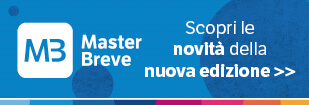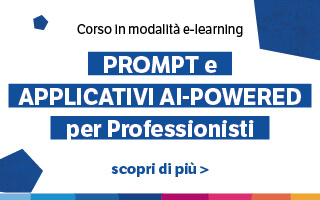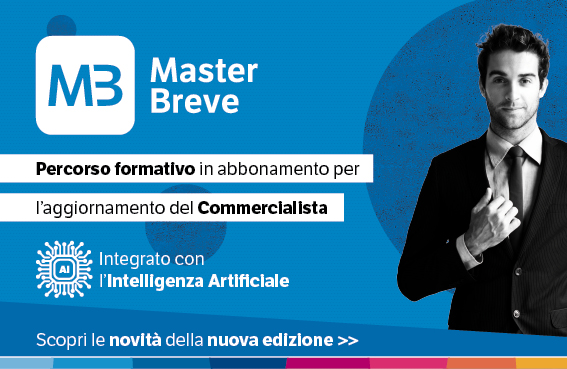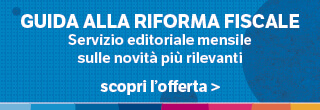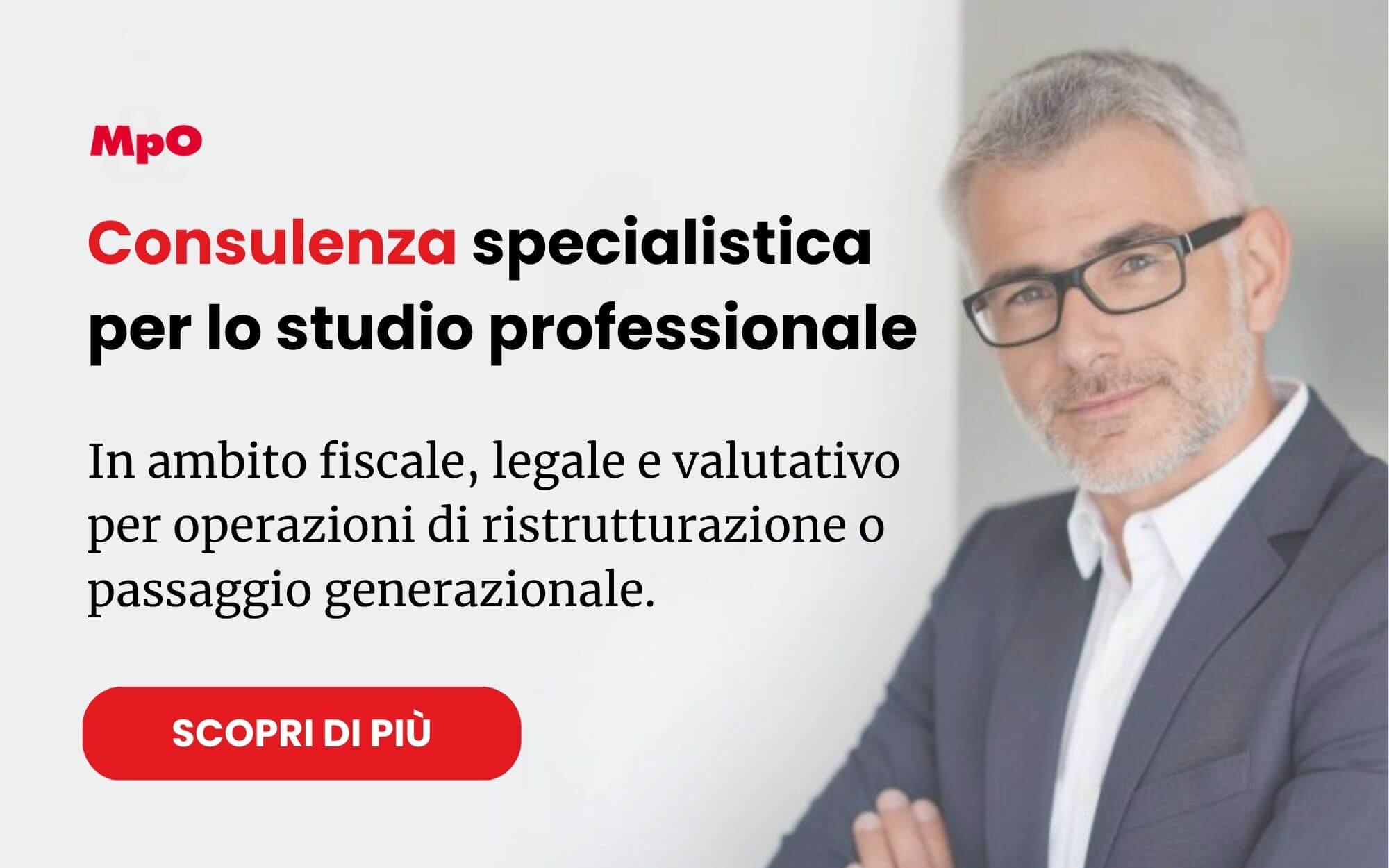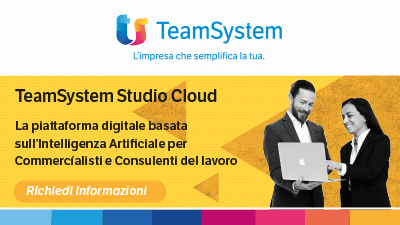Job interview in English? Are you ready?
di Tom RoperHow to have a successful interview in English
It can be said that your actual credentials and CV can often be outweighed by the impression you make with your interview. Your attitude, simple social skills, behaviour, and ability to communicate are heavily considered as well as your education and experience.
You should engage in an actual conversation with your interviewer, sharing and exchanging mutually both ideas and information. Through this dialogue, you should both be able to understand if the organisation is good for you and if you are good for the role. To help with this, preparation is fundamental:
Be punctual. This can mean arriving 10 to 15 minutes before your appointment, not much earlier than this as it could be deemed impolite or that you got the time wrong.
Familiarise yourself with the interviewer’s name, spelling, and pronunciation, as well as that of the organisation.
You and the interviewer must engage in a conversation – a mutual exchange of information and ideas. Only through such a dialogue can you both determine if you, the organisation, and the job are well matched.
Preparation is the key.
Be on time. This often means 10-15 minutes early. Interviewers often are ready before the appointment.
Find out the interviewer’s name, its spelling, and pronunciation. Use their name during the interview. If you don’t know the name, call prior to the interview and ask the secretary. You can also take note of the secretary’s name if you ever have to call back. Secretaries can have a lot of influence on the hiring decision too!
Prepare some questions in advance; having a short list of questions and considerations to hand, doesn’t look bad at all – it shows you have done your research and are keen to understand more about the organisation and the position.
Print and take several copies of your CV with you and present yourself in an organised way, any documents you bring with you including the extra CVs should be in a neat folder.
Keep a good pen and a way of taking notes with you. Try not to take notes throughout the interview but as soon as it has finished, try to put down onto paper what you can remember, this includes your own impression of your performance.
Meet the interviewer with a handshake and a smile and try to maintain eye contact whilst avoiding prolonged contact (staring).
Remember that you want to create a rapport with this person so try to remain open, friendly, and professional, and don’t be embarrassed if you are nervous, it’s completely normal.
With every interview you do, the process becomes easier, it’s a question of experience and understanding how people respond and react to different situations.
When you are speaking about yourself, try to concentrate on the positive points, your transferable skills, your desire to learn, and your attributes; do not criticise your lack of experience for example. Remember to underline how your strengths can be useful for this company.
Always tell the truth. Any lies or exaggerations will always be found out, especially with today’s access to social media. In the same way, if you are unsure of a question or don’t understand, ask for clarification or repetition, or even ask the question again in your own words to make sure there is no misunderstanding.
Don’t criticise former employers or colleagues, it leaves a particularly bad taste in the mouth and does not look good with your future employers and colleagues.
Regarding money and wages, wait for the interviewer to bring this subject up, if they don’t then you should ask in your questions to them. Consider the general pay scales for roles of this type, research them before using salary surveys and general considered standard ranges for the position.
Listen carefully to the interviewer and consider their responses in your own. Be prepared for some personal questions too and consider how you might respond to questions that might not normally be acceptable as sometimes interviewers may not be aware of what they can and can’t ask legally.
Don’t expect a job offer at the end of the first interview, this may be a two or even three-stage process. So try to end the interview on a positive and enthusiastic note, ask what the next step will be, thanking the interviewer for their time, and remind them of your interest in this role. Close with a handshake and a smile.,
Following up your interview with a thank you note or email can also have some merit and reminds an interviewer of your presence if you think things are taking a little longer than normal. In this email, you can express your appreciation for the interview and their time and reaffirm your interest in the role.
Getting a new job in this day and age can sometimes feel very difficult, however with some preparation, each interview will bring you closer to achieving your goal. Your English should be an added advantage and not something which goes against you. Good luck with your future interviews and keep reading for more tips to improve your English.

